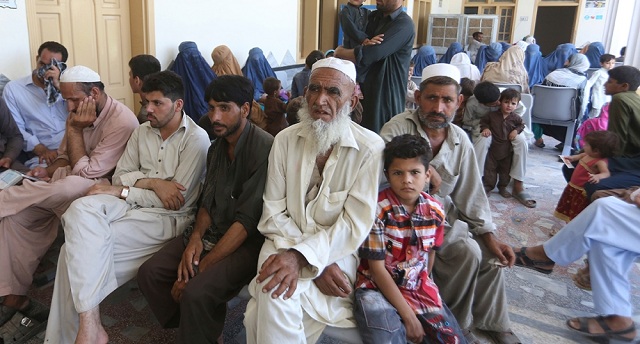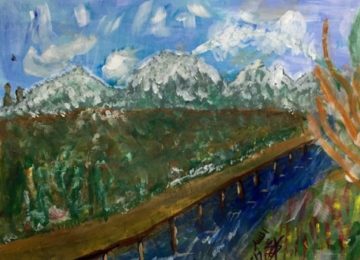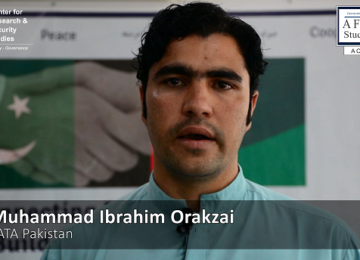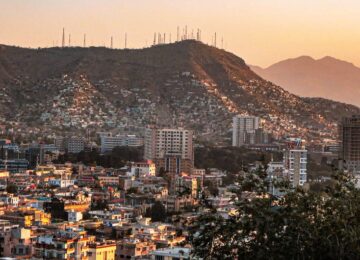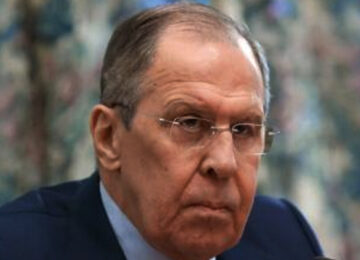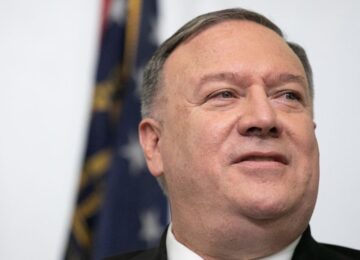September 28, 2018
There are millions of Afghans living in different parts of Pakistan for decades. They have children born, raised, educated here who now have jobs, professions and trade businesses. Unlike many countries in the region that separated the Afghan refugees from rest of the populations, we allowed them to integrate within the local communities, albeit they remained refugees, aliens on a foreign land, less than fully integrated within the economic and social structure of the country. Rather, over the period of time they have developed their own ethnic and tribal constellations in or around different towns. Practically, the Afghan refugees have lived the refugee status with minimal rights granted to them under the United Nations Convention on refugees.
Generally, the Afghan refugees have been treated with respect and even warmth in the beginning because of the great power wars of intervention and their untellable sufferings. Pakistan took pride in hosting them, and never forced them back into the country of their origin, Afghanistan. Only under a programme of the United Nations High Commissioner for Refugees some repatriation occurred with material incentives and facilitation for resettlement back in their communities.
Remarkably, Pakistan opened up its public and private educational institutions for the refugee families to educate their children, rent houses and live within the communities and even compete for the local labour and job markets. Naturally, in some areas, the interests of the refugees and the local populations ran into conflict, over grazing lands, water resources, and in urban areas around Quetta and Peshawar over the businesses. Apart from some heart-burns, jealousy, police extortions, never we saw any open hostility spilling into serious conflict. However, even among the Pashtuns that speak the same language as the Afghan Pashtuns, we have seen clear differentiation as the ‘Afghans Pashtuns’ and the ‘local Pashtuns’, as two separate ethnic identities.
Some good principles underline our Afghan Refugee Policy, like respect, honour, and freedom of choice over moving back to Afghanistan. Their return has rested on conditions being conducive to their safety and economic sustenance. It is a forty-year long story. The children who were born when the first lot of refugees began trekking over the mountains that pass into Pakistan must be forty-two years old today. Many of the Afghans have bought property, have businesses, and some have even acquired Pakistani national identity cards.
The fact that a big Afghan refugee population has lived in Pakistan for two generations poses a political and moral dilemma. Should we deny citizenship to the Afghan children born, raised and educated here? The answer to this question will depend on which side of the political divide one happens to be. We have heard the Pakistan Peoples Party that acts more like a Sindhi nationalist group in the interior Sindh opposing the bold suggestion of Prime Minister Imran Khan to grant citizenship to Bengalis and the Afghan refugees. The Baloch nationalist and political parties in Balochistan have also expressed a serious concern about this proposal, as they fear change of demographic balance against them, and in favour of the Pashtun population.
Whether to grant citizenship to the Afghans even with some conditions and qualifications will remain a divisive political issue. However, there is a simple universal, legal principle and humanitarian law that we must follow in making this choice. Those Afghans that have been born here and might have a valid proof and have lived for a certain period of time that can be demonstrated by some documentation should be granted citizenship rights. It would be unfair to send Afghans born and raised here to Afghanistan or allow them to live in uncertain legal status, if they choose to live in Pakistan. Most of them have adopted Pakistan as their country. Let us recognise them as part of us.
The author Rasul Bakhsh Rais is a Professor of Political Science at LUMS and a member of CRSS’ Pakistan-Afghanistan Track 1.5/II Dialogue ‘Beyond Boundaries’ meeting on Afghan refugees in its Phase I. This article originally appeared in The Express Tribune on September 26, 2018. Original link.



